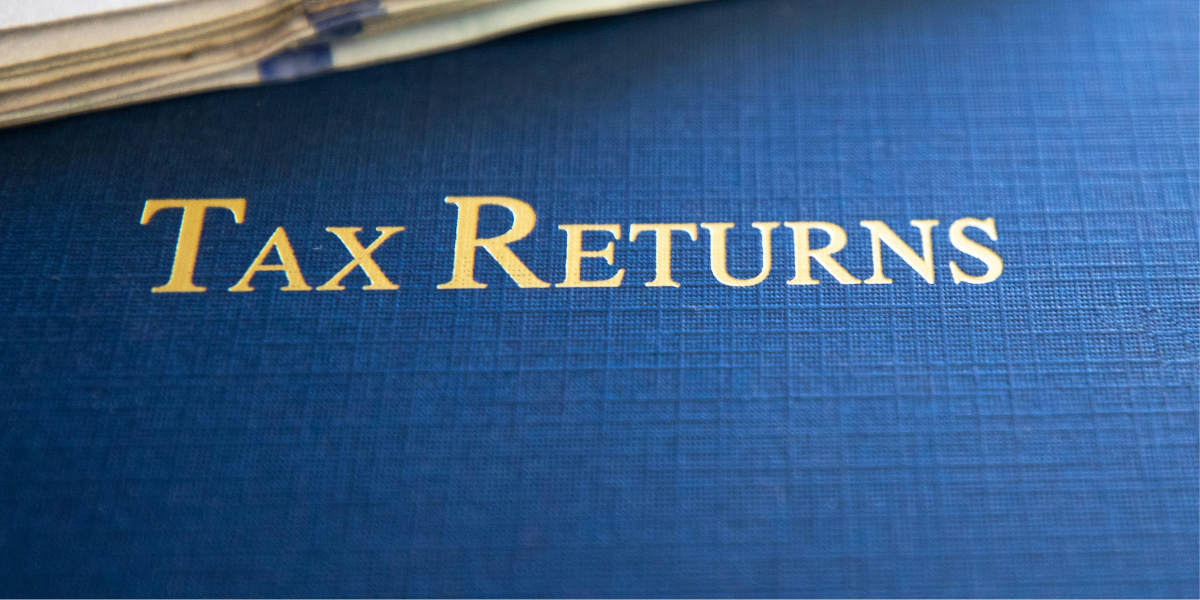1. Mismatched Income Reporting Isn’t Just A Slip-Up, It’s A Red Flag
Think income reporting is simple? Not when you consider the tangled web of revenue streams many Australians deal with today. Between rental properties, dividends, freelance gigs, foreign investments, and traditional employment, it’s frighteningly easy to miss something.
Failing to correctly report all sources of income sends an immediate red flag to the Australian Taxation Office (ATO). With advanced data-matching technology at their fingertips, the ATO meticulously cross-checks your returns with income reports from banks, employers, government agencies, and even ride-share companies. A missed side hustle payment or rental income oversight isn’t just an innocent error; it could set off alarms.
Lesser-known rule? If you’ve earned income from overseas investments, these must be included in your Australian tax return, even if you’ve already been taxed in the country where the income originated. Many miss this critical detail, leading to potential penalties.

2. Forget Your Deductions, Forget Your Money
Claiming deductions may sound like old news, but what’s surprising is how little many Australians truly maximise what they’re entitled to. For example, did you know that small business operators can claim pre-paid expenses such as loan interest if they span 12 months or less? Or that carers and individuals with disabilities may be able to deduct some medical aids and equipment costs?
Here’s the kicker though—not all deductions are created equal under Australian tax laws. Work-related expenses such as uniforms must meet strict criteria (e.g., it’s not enough to have a dress code; the uniform must bear your employer’s logo). Similarly, the home office fixed rate of 67 cents per hour is straightforward, but opting for the actual expenses method can often yield greater deductions if you track and calculate meticulously.
Consider these tips:
- Keep receipts for any donations to registered charities in Australia. A common mistake is not verifying their deductible gift recipient (DGR) status.
- If you use your car for work purposes, ensure you’re calculating the exact kilometres driven for work—not personal use.
Ignorance here is not bliss; it’s expensive. Stay educated on the lesser-known categories available under the Australian taxation framework.
3. GST Claims Have Traps That Could Empty Your Pocket
If your small business is registered for Goods and Services Tax (GST), the stakes are even higher. GST errors can trigger financial penalties that sting far more than you’d expect.
One classic error? Incorrectly claiming GST credits for expenses not purely business-related. For instance, if you’ve used a tablet or vehicle for both personal and work purposes but claimed it 100%, you’re inviting trouble. Another critical mistake occurs with international purchases. When importing goods and exceeding Australia’s GST import threshold, your business might owe GST that wasn’t paid initially.
2025 is expected to shine an even brighter light on GST compliance, with the ATO paying closer attention to digital audits. For example, real-time reporting systems like Single Touch Payroll enable the ATO to cross-check data faster than ever.
Key ways to protect yourself:
- Regularly reconcile GST reports with all business transactions.
- Avoid incorrectly using simplified GST reporting methods for complex business structures.
Being overly cautious here isn’t paranoia; it’s just smart business.
4. Missing Lodgement Deadlines? Think Again
Deadlines and tax don’t pair well if you’re habitually late. Timeliness isn’t just about avoiding that $222 penalty for failing to lodge on time for individuals; it’s about preventing rolling fines that multiply the longer lodgement is delayed.
For businesses, this can get murkier. Late lodgement of Activity Statements may also disrupt cash flow, especially if overdue liabilities quickly snowball with general interest charges and penalties. Not everyone knows that failing to submit your PAYG (Pay As You Go) instalments on time could leave your employees and contractors in trouble, creating a ripple effect of issues.
The lesson for small businesses in Australia? Lodgement deadlines are non-negotiable, not just for maintaining compliance but for setting a reliable pattern of financial discipline.
Pro tip for individuals? Use lodgement extensions for complex returns sparingly. While helpful in a pinch, they’re not a safety net for regular delays.
5. Poor Record-Keeping Isn’t Just Sloppy, It’s Dangerous
Keeping receipts is drilled into us from an early age, yet too many Australians treat tax season as a mad scramble for last-minute organisation. This can result in missing critical paperwork or losing eligibility to claim valuable deductions. Did you know the ATO has strict requirements for e-receipts? A simple bank entry showing a transaction isn’t sufficient. The document must include the name of the supplier, an invoice number, and the GST amount if one applies.
There’s also the grey area of mixed expenses. Claiming music subscriptions or internet solely as work expenses when they’re used for leisure is highly scrutinised. By 2025, expect these errors to be flagged even faster due to automation.
Some basic record-keeping tips:
- Keep both physical and soft copies of receipts to prevent being caught out by a lost folder or corrupted file.
- Separate personal and business accounts. Mixing the two can result in unnecessary confusion during an audit.
Good record-keeping isn’t a burden; it’s your safety net if and when matters are questioned.
Closing Remarks
Taxation is often an afterthought until it goes wrong. But as the realities of Australia’s tightening tax requirements set in, the cost of mistakes cannot be ignored. As 2025 approaches, staying aware and prepared is imperative.
If navigating this complex terrain feels like too much to handle, you don’t have to face it alone. Zimsen Partners manages tax obligations for individuals and small businesses, focusing on accuracy and thoughtful planning for every return filed.
Avoiding tax traps is easier than explaining them to the ATO. Stay prepared!











